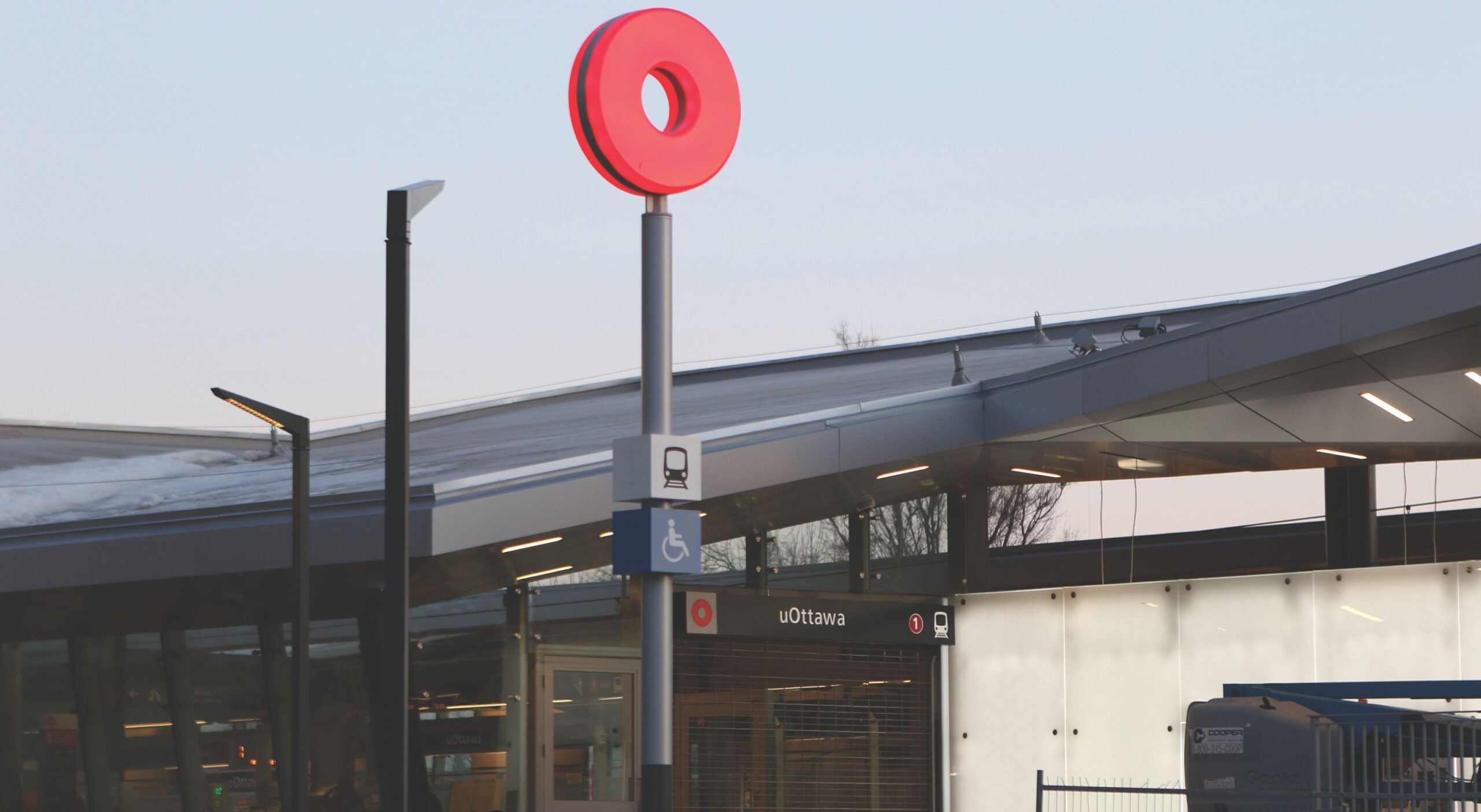Property tax hike threatened despite service cuts; delays
Ottawa’s transit system is in crisis, as a 38 per cent drop in ridership since 2019 has led to $36 million less in revenue. This crisis is not just a financial issue, but one that may ultimately affect the daily lives of residents – including students.
“With reduced services, my commute will now be longer,” said Djamel Wade, a second-year health sciences student who commutes an hour to campus every day. “That’s going to make getting to class on time a real challenge.”
When asked if the U-Pass was still worth the cost ($229.07 per term), Wade spoke about his dissatisfaction with the transit pass. “Not at all,” he said. “It used to be a good deal, but with the service reductions, it feels like I’m paying for a service that’s no longer effective.”
“We’re in a transit crisis,” Sutcliffe stated during a press conference at City Hall on Aug. 8. “We don’t even have the money to operate our available transit service.”
However, the question remains: How much of this crisis is due to uncontrollable factors, and how much is caused by long-standing issues within the city’s transit management? Critics argue that OC Transpo’s problems are more than just a result of the pandemic or remote work but also stem from years of under-investment and poor decision making.
This year, the transit system has cut jobs, increased fares, ramped up fare inspections, and announced a plan to reduce “off-peak” train services beginning Aug. 26. Despite these changes, the financial problems persist, indicating that the core issues still need to be effectively addressed. Sutcliffe’s efforts to secure additional funds and focus on long-term solutions have yet to ease the immediate financial strain or improve service reliability. Critics say his strategy may be placing more burden on taxpayers without providing concrete fixes for the ongoing issues at OC Transpo.
Sutcliffe has secured a $543 million deal with the Ontario government, including $181 million for transportation projects. However, this funding falls short of covering OC Transpo’s operational costs, leaving many to question whether the current strategies are enough to resolve the ongoing financial costs. While Sutcliffe continues to pressure the federal government for $100 million in back taxes and long-term transit funding, some question whether these efforts are enough to address the more profound, systemic issues.
In March, a “route optimization” was adopted by OC Transpo, announcing plans to cut suburban-to-downtown express routes and reduce bus service by about 74,000 hours annually, down 3.5 per cent from 2023. These adjustments are expected to take effect once the Trillium Line launches, though a specific opening date for the new north-south train line has yet to be announced. The line, which includes stops at Carleton University and the Ottawa International Airport, was originally set to open in August 2022.





